October 2025 | Volume 3 | Issue 3 | Previous Issues
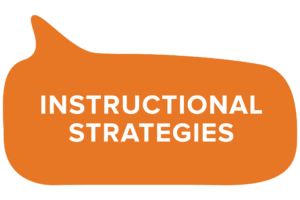
Each month, this year, we’ll be highlighting a teaching tip from one domain of the Teaching Effectiveness Framework (TEF). Our teaching tip for this month comes from the Instructional Strategies domain. The approaches in this domain focus on active learning.
Make a Prediction
Incorporating opportunities for students to “make a prediction” into your teaching toolkit is a simple way to increase student engagement and learning. When students are asked to predict, both cognitive and affective learning is sparked. As they consider possible responses to the prompt, they activate prior knowledge that is relevant to the topic. When students are able to connect to past learning, they are better able to retain the new information while reinforcing their past knowledge through retrieval practice. Additionally, their curiosity is sparked, as they wonder whether their prediction was close-to-accurate or off-base, and more importantly, why.
Building prediction into your teaching practice can be incorporated in a variety of ways.
- Ask students to form a hypothesis about what would happen when a variable is changed within a familiar system.
- Provide an image and ask students to predict something about it (what caused something or what is about to happen next or who are the people/what are their roles).
- Show a series of data sets over time and ask students to predict the current data.
- Share a real-world case study and ask students to predict the ending.
- Begin solving a problem and ask students to predict the next step.
- Before introducing a new topic, ask students to take a “pre-test,” giving their best-faith effort to answer a series of questions.
When asking students to make a prediction, ensure that you provide sufficient pause time for students to think hard about the question or scenario. Encourage students to write or sketch as they consider possible responses.
Do students share their predictions?
Students may be eager to turn to a classmate and compare their own idea with someone else’s. This can be an easy and relatively low-stakes way for students to talk through their thinking.
However, it can feel high stakes for students to reveal their predictions in front of their full class of peers. One way to minimize this self-consciousness is by having anonymous ways for students to share their ideas. Technology can assist with polls or low-stakes live Canvas assignments. A low-tech solution is to have students jot down their ideas onto sticky notes.
As an instructor, it can be advantageous to collect all students’ predictions, as a way to gauge prior knowledge of the group.
When and how should the correct answer be revealed?
When utilizing prediction in the classroom, it is important to quickly reveal the correct information and allow time for students to process any cognitive dissonance they experience between their prediction and the actual answer. Create opportunity for students to ask clarifying questions.
If you notice that there are common misperceptions, it can be helpful to explore the incorrect predictions. Rather than putting a student on the spot, you can ask, “Whether or not this was your prediction, why might a reasonable person expect X to be the answer?”
Can this be modified for an asynchronous online class?
In an online class, anonymous discussion boards can work well for surfacing predictions from students (based on the settings, the instructor can see the author of these posts, but peers cannot).
A learning module in an LMS can also used to guide students through a sequenced scenario with interspersed, required predictions, that students must complete prior before revealing the next component. In Canvas, you use the requirements feature to force students to complete an activity before moving to the next step in a module.
For example, a mini learning module might have 6 components, with two forced predictions, that must be completed before moving to the next step:
- Page of instructions
- Page with foundational scenario information.
- Multiple choice quiz (1 question) asking students to predict the next step in the scenario (students must answer this quiz before they can see #4).
- Page revealing the correct answer to the quiz, explaining the answer, and then presenting the next bit of relevant information in the scenario.
- Short answer quiz (1 question) asking students to describe the best response from the perspective of one person in the scenario (students must answer this quiz before they can see #6).
- Page revealing the recommended response and why.

Inge Luce
This month, we have the pleasure of highlighting the work of Inge Luce, VTSU’s Paramedic Program Director, Professor of Nursing and Paramedicine, and AS Nursing Program Co-coordinator.
Please tell us a little bit about your background and what brought you to VTSU.
I am a passionate life-long learner. If I am not actively taking classes, I am looking for one to take! I hold certificates in Underwater Research Archaeology, Paramedicine, and Practical Nursing, Associate of Science in Nursing, Bachelor of Arts in Anthropology and Psychology, Bachelor of Science in Nursing, Master of Science in Nursing and Healthcare education. For the last few years, I have been focusing on classes related to motivational interviewing and managing difficult personalities. This past year I engaged in classes related to the integration of ethical AI in the classroom. I would love to hear what other people are adding to their knowledge base!
After gaining experience and furthering my education, I returned to VTC as nursing faculty with the goal of supporting the next generation of nursing students. In 2014, I created the VTC Paramedic program, which enrolled the first cohort in the Fall of 2015. Over the past 14 years I have been honored and humbled to be a part of the journey of hundreds of nursing students and over 100 paramedic students.
Is there any advice you would provide first year instructors based on your own experiences in previous years?
It is ok to be new. Be a sponge and ask questions. Attend all of the meetings and learn as much as you can about the entire University system, not just your own program. Get involved, join a committee and make connections in other programs and campuses. Find a mentor and go over the federation agreement carefully so you know your responsibilities.
How do you encourage students to work with our academic support department if outside tutoring could be beneficial?
I include tutoring information in the syllabus, I talk about it in class at the beginning of the semester, I point out the student success resources link in the left navigation bar in Canvas before each assignment, and I meet 1:1 with students who are not meeting benchmarks and encourage them to reach out to the academic support services. There is an entire group of people invested in the success of each student.
Were there any professional development opportunities offered during previous academic years that you found to be particularly beneficial?
I would strongly recommend the CTLI workshops, Auburn University AI trainings, Faculty Development days at VTSU, and I frequently attend webinars offered by my professional practice organizations and accreditation body to ensure I am up to date on the latest knowledge. I found the motivational interviewing class to be helpful with my advising role as well.
Are there any specific instructional strategies you use to increase student engagement and critical thinking?
I really enjoy team-based learning activities to prep for class, while in class, and even after class to debrief and summarize. I also like to use Padlet to encourage anonymous responses to sensitive topics, or to start a brainstorming session before we break into groups.
I learned how the jigsaw technique from Danielle Lafleur Brooks at CCV. This technique adds layers of complexity and engagement to group discussions or work. It is one of my favorites. When the group comes back together to share their summary thoughts, I utilize that time to facilitate the discussion, in a modified think-pair-share format.
I assign critical thinking, clinical judgment, and self-reflection worksheets and videos for students weekly. These are incredibly helpful for me to get to know students on a more personal level and understand their individual needs. It allows me to create deeper connections with them which promotes and caring classroom environment.
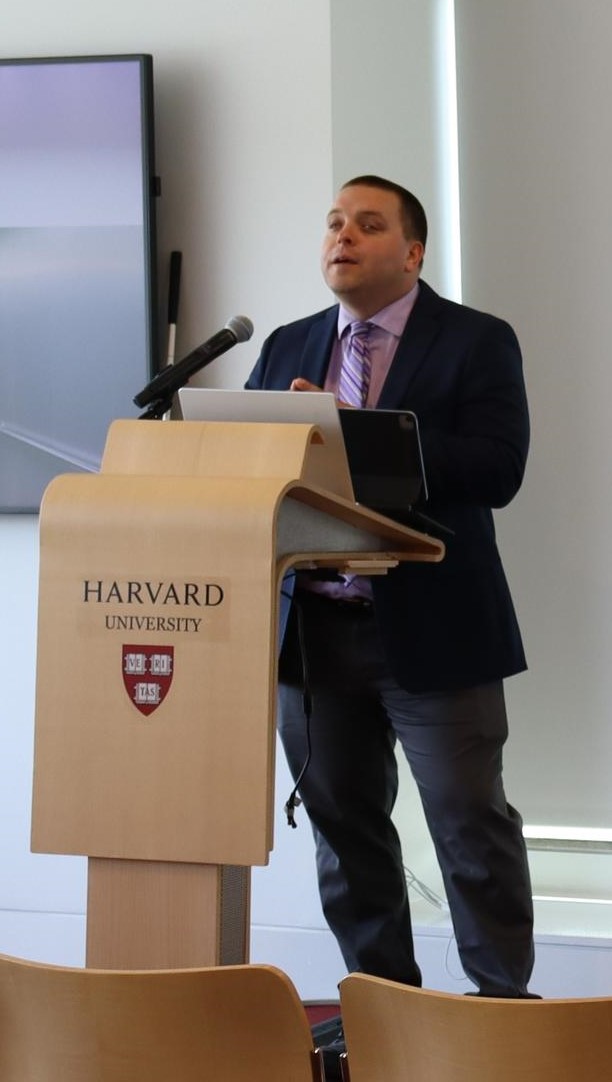
Vermont State Colleges System 2025 Academic Retreat
The VSCS Teaching & Learning with Technology committee is excited to announce that this year’s academic retreat is being held on Vermont State’s Randolph campus on Friday, October 10th from 9:00am-3:30pm.
This Year’s Theme:
A+ at the VSCS: Accessibility, AI, and Approaches to Technology
Keynote Speaker:
Kyle Shachmut
Senior Director of Digital Accessibility, Harvard University
Kyle is the Senior Director of Digital Accessibility at Harvard University, providing strategic direction to digital accessibility efforts across Harvard’s schools. He frequently works at the intersections of information technology, disability inclusion and academic administration. He led creation of Harvard’s Digital Accessibility Services team and collaborates with institutional leaders to guide governance of the University’s Digital Accessibility Policy. Previously, his focus area included a universal design approach integrating accessibility into at-scale learning experiences through HarvardX—Harvard’s initiative that creates online courses through the Office of the Vice Provost for Advances in Learning.
Beyond Harvard, Kyle is co-chair of the EDUCAUSE IT Accessibility Community Group, the largest affinity group for accessibility professionals in higher education. He has advocated for greater accessibility in community and professional associations for over a decade, advising local state and federal policymakers. In 2021, he received the ‘Rising Star Award’ among higher ed technology professionals from Educause.
Outside of higher education, Kyle serves on the Global Leadership Council of the International Association of Accessibility Professionals (IAAP). The GLC provides governance and direction to the IAAP, which his a membership organization that helps advance the profession through certification, continuing education and member support. Kyle frequently consults speaks and writes about matters related to digital accessibility, public policy, technology in education, universal design and more.
Register Now!
All members of the VSCS community are welcome. Please complete your registration by September 15th, 2025 so the TLT can plan for food and logistics.
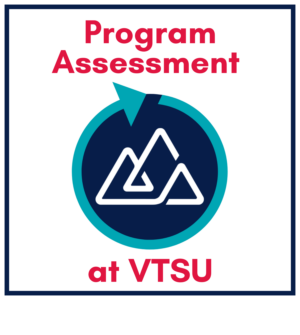
Program Assessment: Fall Workshop Series
Program assessment at VTSU is in its second year. We encourage all faculty to follow the program assessment road map and join one or more sessions in support of their efforts. These workshops will take place on Zoom, Fridays from 2-3pm EST.
Workshop Dates & Topics:
- 10/17: Program Outcomes Assessment Matrix (Due January Yr 3)
- 10/24: Yearly Learning Outcomes Assessment Report (Due June Years 1, 2, 3, & 4)
- 10/31: Collecting & Analyzing Direct Measures
- 11/7: Collecting & Analyzing Indirect Measures
- 11/14: PReCIP Report for Non-Externally Accredited Programs (Due June Yr 5)
How to Sign-up:
Register for one or more sessions. When you do, you will receive an automatic email from the CTLI confirming your registration. This email will include the Zoom link and the option to “add to calendar” using an embedded hyperlink – this will work for Outlook, Google Calendar, and Yahoo Calendar.
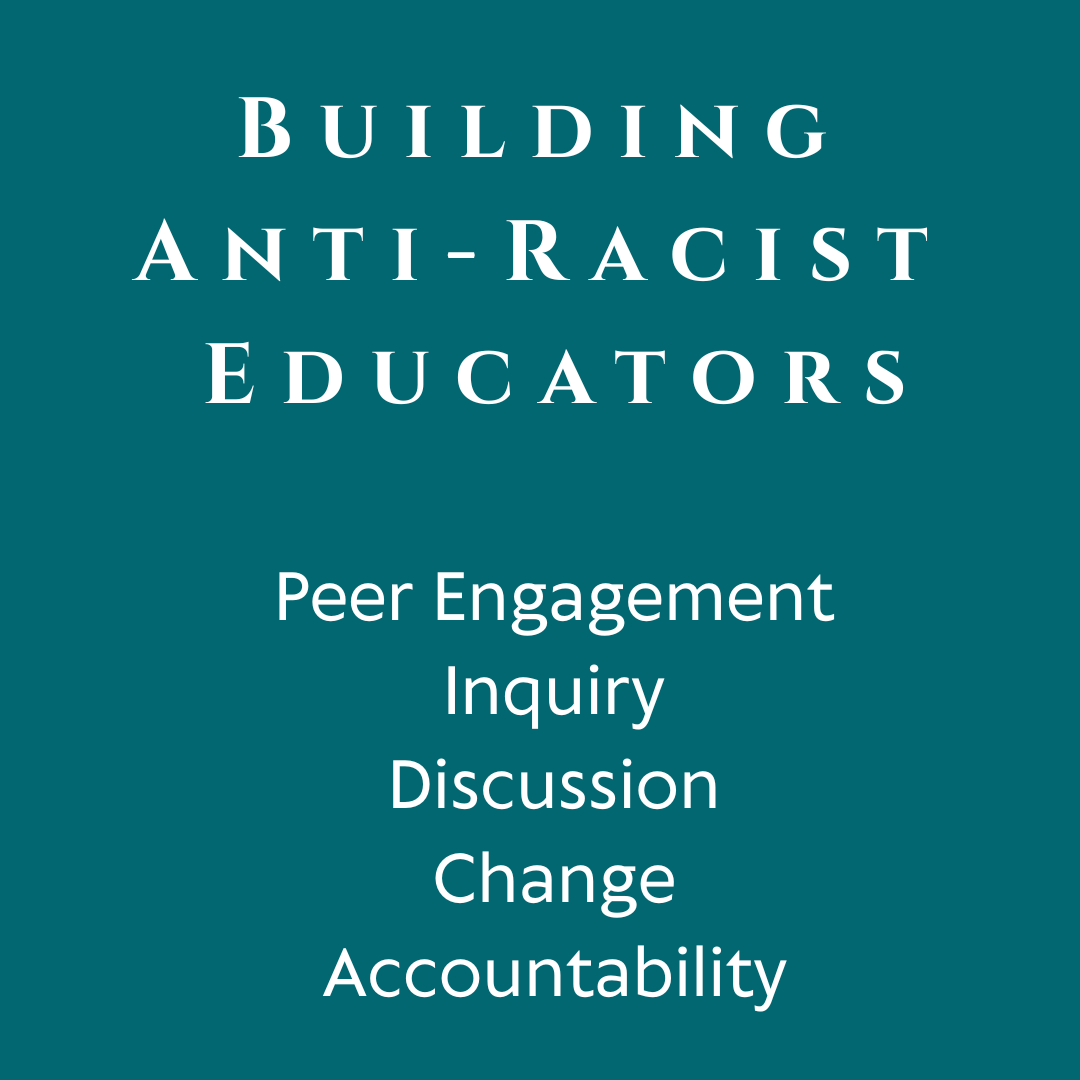
Building Anti-Racist Educators: Reading & Inquiry Series
This Reading and Inquiry Series provides a monthly set of tools for learning, introspection and having conversations about issues of racism in our university, classrooms and communities. We hope that through regular reflection and conversation, you can get better at recognizing and resisting your biases and the impact they have on your students and colleagues.
Meetings:
The group will be meeting via Zoom on the following dates:
- Monday, October 20th (12:00-1:30p)
- Monday, November 17th (12:00-1:30p)
- Monday, December 15th (12:00-1:30p)
How to Sign-up:
To receive a calendar invitation, Zoom link, and access to the group’s Canvas space, please fill out the Vermont State Colleges Building Anti-Racist Educators Sign-Up Form.
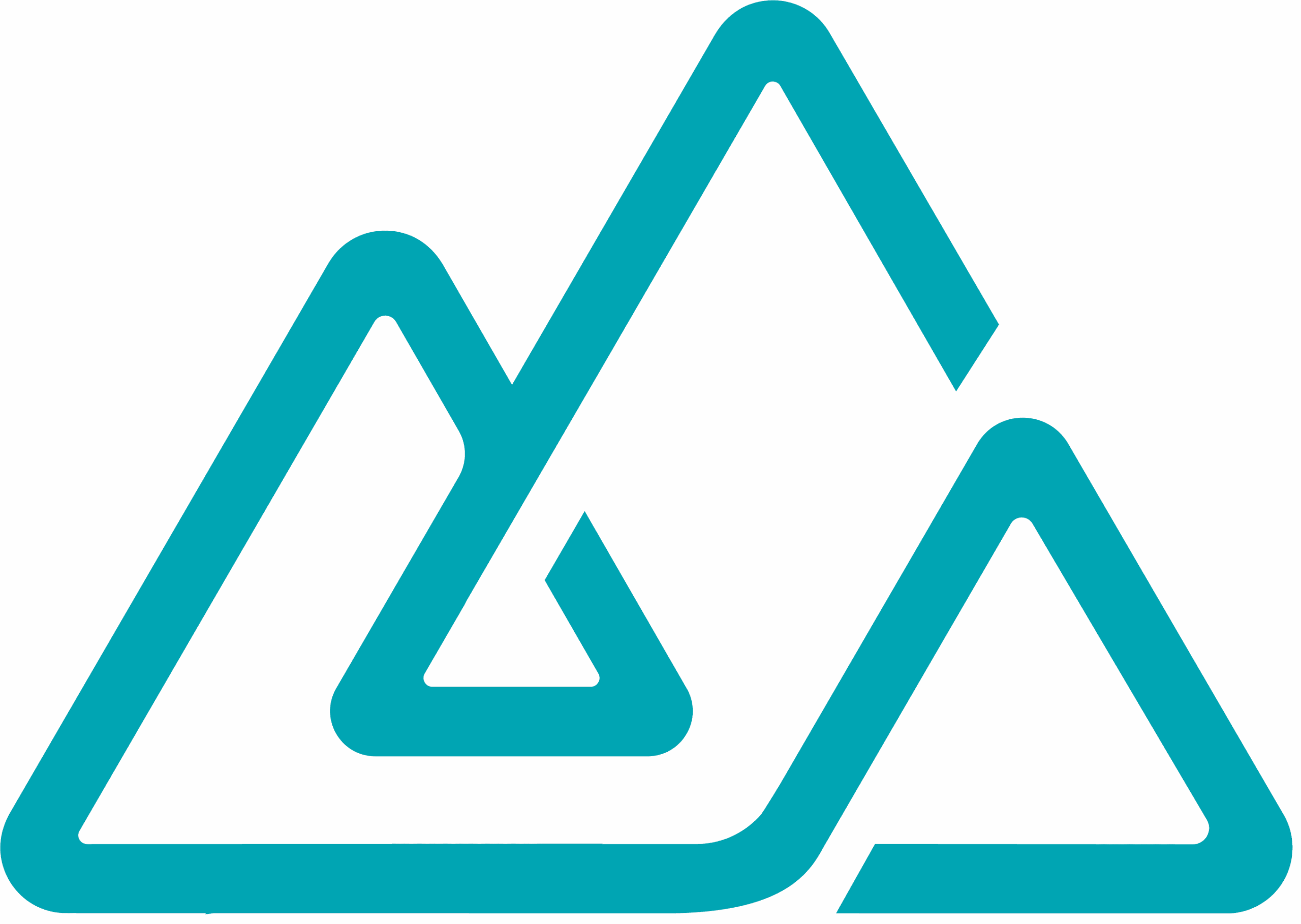
Upcoming Workshops
- October 31 @ 2:00 pm – 3:00 pm
Program Assessment: Collecting and Evaluating Direct Evidence
- November 5 @ 12:15 pm – 1:15 pm
Adult Learning in Online Classes at VTSU
- November 7 @ 2:00 pm – 3:00 pm
Program Assessment: Collecting and Evaluating Indirect Evidence
- November 14 @ 11:00 am – 12:00 pm
For New VTSU Faculty: Fall Friday Sessions
- November 14 @ 2:00 pm – 3:00 pm
Program Assessment: The PReCIP Report for Non-Externally Accredited Programs
- December 4 @ 12:15 pm – 1:15 pm
Adult Learning in Online Classes at VTSU
- December 5 @ 11:00 am – 12:00 pm
For New VTSU Faculty: Fall Friday Sessions
- January 16, 2026 @ 11:00 am – 12:00 pm
For New VTSU Faculty: Spring Semester Kick-Off
As you likely know, starting in April 2026, all public higher education institutions of our size must be compliant with new regulations for accessibility of digital content. The regulations are based on the WCAG 2.1 AA standards, which are written for a technical audience.
In the CTLI, through the EdPros workshops, reading, and LinkedIn Learning courses, we have been gaining knowledge of digital accessibility. And we are creating tutorials on some of these key skills for faculty, translating the technical standards for general users. We are collating digital accessibility resources on our webpage for easy access, as well.
Check out our third tutorial on the Top 5 Best Practices for Structuring Accessible Documents. And see if you can ace the knowledge check at the end!
Previous Tutorials:
- Top 5 Best Practices for Creating Accessible Hyperlinks
- Top 5 Best Practices for Selecting Accessible Color Combinations
If you have feedback on the tutorial or topics you’d like to see us cover in future months, let us know by emailing ctli@vtsu.edu. Thank you so much.
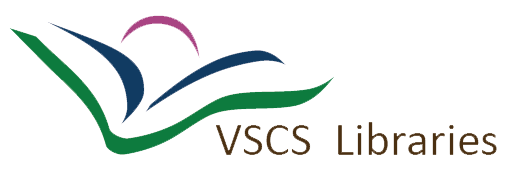
VSC Libraries
If you require or recommend an eBook for your course, let us know!
We’ll do our best to purchase an unlimited user copy so all students can access it seamlessly. If a title is required for a course or experiences turnaways, we’ll upgrade or add copies to ensure availability.
Upcoming Workshops
Library Workshops and In-Person Tours for Students
Our virtual workshops help students build research skills and navigate library resources and services. Our student workshops range from virtual orientation for first year seminar students to in-person tours at the campus libraries. Check out the library events calendar for more information.
Library Workshops for Faculty
Fit the Source to Your Course: Defining Appropriate Research for Your Course, October 14 at Noon
Join the VSCS Humanities liaison librarians for a conversation on how to guide students in finding credible research materials beyond peer-reviewed articles. Learn strategies for matching sources to assignments and expanding access to quality information. You can learn more about the workshop on our website.
Hispanic Heritage Month Display
Check out our latest virtual display for select VSCS Libraries materials by Hispanic and Latino/a/x authors and filmmakers, or that explore the culture and achievements of Hispanic and Latino/a/x Latino/a/x American communities in the United States and the challenges they have faced (and still do) in our country.

Student Success
Help VTSU Improve Academic Support and Disability Services
Each year, Vermont State University asks students to share their feedback on Academic Support and Disability Services through our annual student survey. This important survey helps us better understand what’s working well, where we can improve, and how we can continue to strengthen the resources that help our students succeed.
We’re asking for your help in encouraging students to participate. All VTSU students — undergraduate, graduate, online, Early College — are invited to complete the survey. Faculty support and reminders in class or through Canvas can make a big difference in helping us reach a wide range of students and gather meaningful feedback to guide program improvements.
Students will receive an email invitation to the survey in November, and it only takes a few minutes to complete. Please remind your students to check their inbox, share their experiences, and make their voices heard. Together, we can continue to build a more inclusive and supportive learning environment for every VTSU student.
McNair Scholars Program
McNair is a program for first-generation, low-income, and underrepresented students that are interested in graduate school. You may have heard news that VTSU’s McNair Scholars Program lost its funding due to federal cuts, but the funding was reinstated and is still currently in place.
Please encourage students at VTSU Castleton to take advantage of this amazing resource for undergraduate research and exploring/applying to graduate school.
And please consider serving as a faculty mentor.
If students would like to schedule a meeting, have them reach out to Dr. Debbie Warnock or stop by the second floor of the Coffee Cottage/Moriarty House.
Resources:
- Graduate School Counseling
- Technology Loan
- $2800 stipend for summer research
- Staff and peer mentorship
- 3 credits over the summer
- Book Loan program
- 1 credit Spring Research Methods Course taught by Dr. Debbie Warnock
Participation: All VTSU faculty can mentor students. Only Castleton students can participate in the program.
Contact: Dr. Debbie Warnock, the Associate Director of the McNair Scholars Program, at debbie.warnock@vermontstate.edu.
Multilingual Student Services
Purpose: VTSU Multilingual Student Services serve students whose English is not their first (or only) language.
Who do we serve? The term “multilingual students” is an umbrella term that includes refugee students, immigrant students, heritage language speakers (who use a different language at home), as well as international and exchange students. We serve multilingual students whose English language proficiency is limited or developing, and who therefore need additional scaffolding to support their retention, academic success, and full participation in university life.
Services
- One-on-one and group English language tutoring (e.g., ESL reading, writing, speaking, listening, research skills, citation styles, and American classroom culture), offered through drop-in hours at VTSU Castleton and Williston, as well as online hours accessible to students across all VTSU campuses
- Credit-bearing ESL courses (3 credits/course) for English language learners
- Academic workshops and faculty consultation on multilingual pedagogy and assessment
- Foreign language learning opportunities (Japanese, Spanish, Italian, etc.)
Cultural social integration and upcoming events – Fall 2025
- Stay tuned to our newsletters which will be published every other month
- Every Thursday, 3:15- 4:15 pm: Conversation Hour for English language speaking at Moriarty House, VTSU Castleton
- Virtual Office Hours for Faculty with Q&A: Every 1st Monday of each month from 4:30-5:15 PM via Zoom.
Access
- Our SharePoint homepage [Portal è Academic Support è Multilingual Student Services)
- Our website
Faculty Role/s
Faculty refer students to our office and collaborate with us to design inclusive classroom practices, provide alternative assessment strategies when needed, and support students in accessing our office’s academic and cultural resources that will help them thrive.
Strategies to work with multilingual students are available in How to Support Multilingual Students- A booklet for faculty members
Key Contact/s for Appointments & Tutoring Scheduling: Dr. Mary Dinh, Associate Director of Multilingual Student Services at Mary.Dinh@VermontState.edu
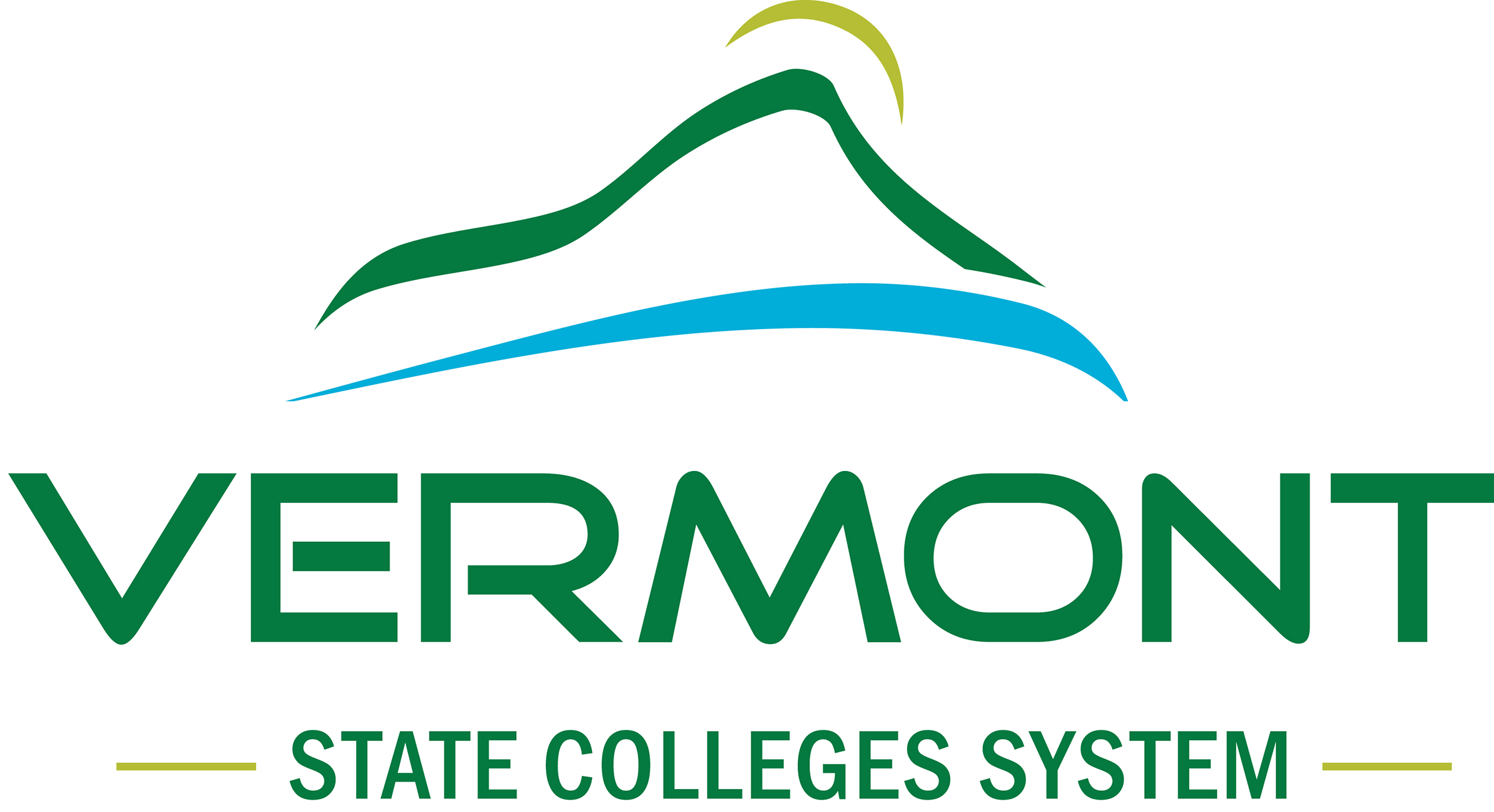
The VSC IT Learning Technologies Team
The VSC Learning Technologies SharePoint site provides the latest updates and resources for system-wide instructional tools and spaces.
The Academic Applications section of the site contains resources for Zoom, Nearpod, ReadSpeaker, Respondus, YuJa, Panorama (the new digital accessibility solution integrated within Canvas), and other VSC educational tools. The team uses the site to post timely content on topics like streamlining Canvas navigation for students, leveraging Turnitin, and considering solutions to Canvas storage limits. Contact Academic Applications (academicapps@vsc.edu) to suggest additional topics. Site visitors that need additional 1:1 assistance can learn how to connect with team members, including Senior Instructional Technology Specialist Sean Dailey who hosts drop-in Zoom sessions throughout the year.
Connect with VSC classroom technology staff and access VTSU and CCV equipment overviews, detailed technical guides, and responses to frequently asked questions, in the Learning Spaces section of the site. Visitors have access to classroom maintenance schedules, information about upcoming enhancements, and the types of support available for CCV, Castleton, Johnson, Lyndon, Randolph, Williston, and Nursing Telepresence configurations. The site also provides users with a space to troubleshoot and report technical issues.

VTSU Online Administration
Adult Learning Theory: Many of our online learners are 25 or older. Principles of andragogy can guide course development and approaches to teaching that more deeply engage adult learners and increase persistence and retention. This fall, VTSU Online and the CTLI are offering 3 more opportunities (once per month) for you to gain ideas about how to incorporate adult learning theory into your online teaching:
- Wednesday, November 5 @ 12:15 pm – 1:15 pm: Adult Learning in Online Classes at VTSU
- Thursday, December 4 @ 12:15 pm – 1:15 pm: Adult Learning in Online Classes at VTSU